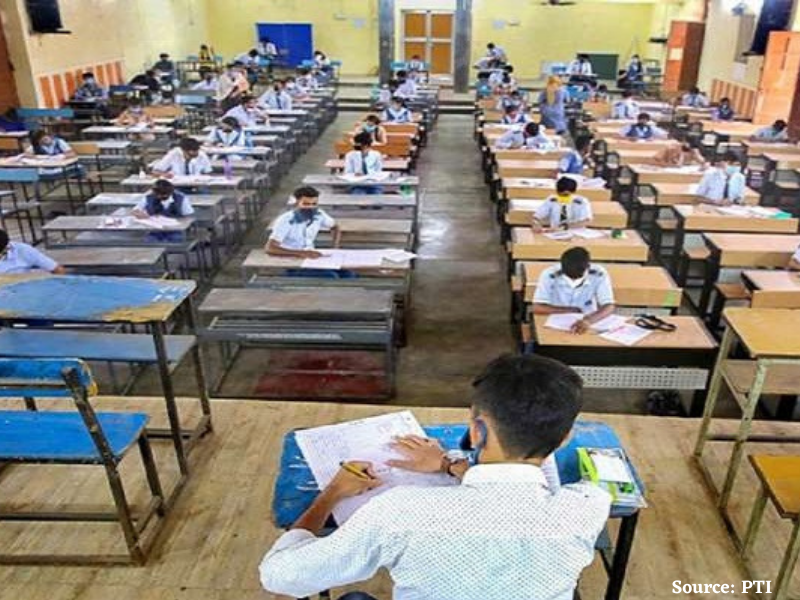Karnataka is set to reform its SSLC (class 10) and II PUC (class 12) examination system starting from the 2023-24 academic year. This transformation allows students to retain their best marks from three attempts. The Karnataka School Examination and Assessment Board (KSEAB) has introduced a new nomenclature, replacing “supplementary examination” with “annual examination 1, 2, and 3”, giving students three chances to excel. KSEAB emphasizes that this system acknowledges the diverse learning paces among students, reduces time constraints-induced stress, and allows students to adapt to their unique learning styles. It anticipates this change will enhance students’ overall performance and attitude.
KSEAB will provide clear guidelines to students about this modified system, maintaining consistency in content and question paper difficulty across the three examinations. Students can choose the subject-wise best score among the marks obtained in these attempts. Additionally, those who join their next academic course late will receive a ‘bridge course’ to compensate for missed classes in the initial month.
KSEAB believes that the current examination system, which includes one annual examination and one supplementary examination, creates undue stress and anxiety among students, hindering knowledge retention, meaningful learning, and academic progress. It notes that the existing system only considers marks from the supplementary examination as the final marks, without considering the marks from previous examinations, which limits students’ options for retaining their best scores.
Also read: Karnataka: Experts disappointed over roll back of NEP 2020
